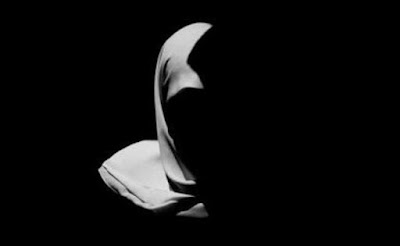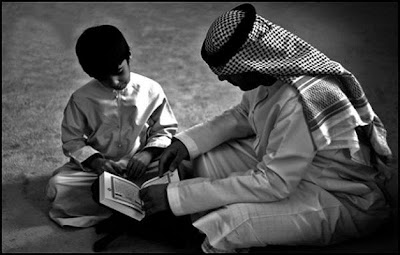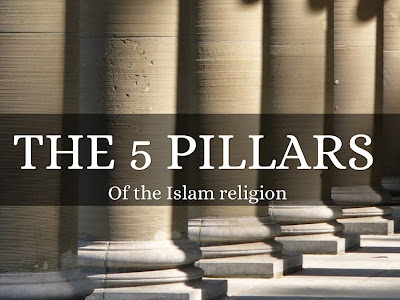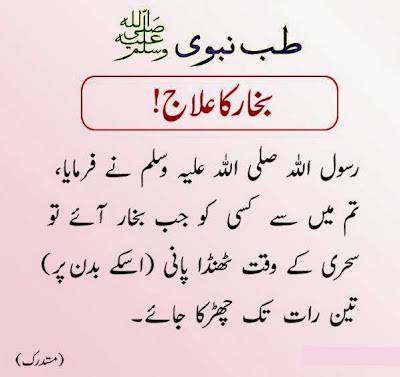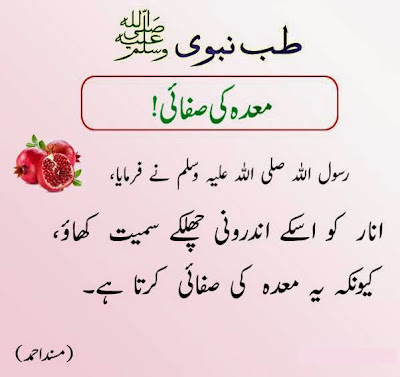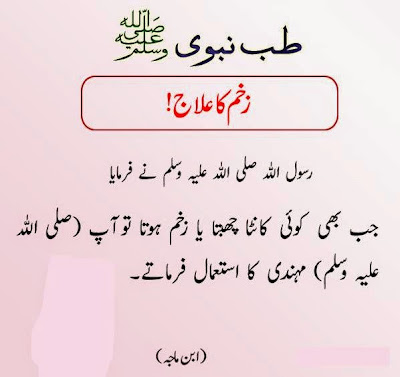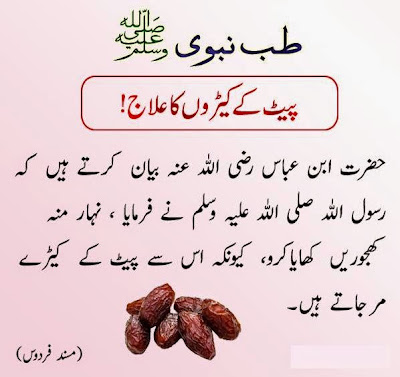Hijab:
The hijab is worn by Muslim women as a symbol of modesty and privacy. For women it is gift from Allah. It gives the opportunity to become closer to Allah.
Holy Qur'an:
"Tell the believing men to lower their gaze and be modest" (surah 24:30)
The clearest verse on the requirement of the hijab is surah 24:30�31, asking women to draw their veil over their bosoms.
And say to the believing women that they should lower their gaze and guard their modesty; that they should not display their beauty and ornaments except what (must ordinarily) appear thereof; that they should draw their veil over their breasts and not display their beauty except to their husband, their fathers, their husband's fathers, their sons, their husbands' sons, their brothers or their brothers' sons, or their sisters' sons, or their (Muslim) women, or the slaves whom their right hands possess, or male servants free of physical needs, or small children who have no sense of the shame of sex; and that they should not strike their feet in order to draw attention to their hidden ornaments. (Quran 24:31)
In the following verse, the wives of Muhammad are asked to wear clothes (when they go out), as a measure to distinguish themselves from others, so that they are not harassed. Surah 33:59 reads:[16]
Those who harass believing men and believing women undeservedly, bear (on themselves) a calumny and a grievous sin. O Prophet! Enjoin your wives, your daughters, and the wives of true believers that they should cast their outer garments over their persons (when abroad): That is most convenient, that they may be distinguished and not be harassed. [...] (Quran 33:58�59)
Narrated Umm Salama Hind bint Abi Umayya, Ummul Mu'minin: "When the verse 'That they should cast their outer garments over their persons' was revealed, the women of Ansar came out as if they had crows hanging down over their heads by wearing outer garments." 32:4090. Ab? Dawud classed this hadith as authentic.
Abu Dawood Book 10, Hadith # 1829
Narrated Aisha, Ummul Mu'minin: (Radhiallaahu ?nha) who said, "The riders would pass us while we were with the Messenger of Allah (Sallallaahu ?layhi Wasallam). When they got close to us, we would draw our outer cloak from our heads over our faces. When they passed by, we would uncover our faces.
Holy Qur'an:
The Quran instructs both Muslim men and women to dress in a modest way:
"Tell the believing men to lower their gaze and be modest" (surah 24:30)
The clearest verse on the requirement of the hijab is surah 24:30�31, asking women to draw their veil over their bosoms.
In the following verse, the wives of Muhammad are asked to wear clothes (when they go out), as a measure to distinguish themselves from others, so that they are not harassed. Surah 33:59 reads:[16]
Those who harass believing men and believing women undeservedly, bear (on themselves) a calumny and a grievous sin. O Prophet! Enjoin your wives, your daughters, and the wives of true believers that they should cast their outer garments over their persons (when abroad): That is most convenient, that they may be distinguished and not be harassed. [...] (Quran 33:58�59)
Hadith:
Narrated Anas ibn Malik: "I know (about) the Hijab (the order of veiling of women) more than anybody else. Ubay ibn Ka'b used to ask me about it. Allah's Apostle became the bridegroom of Zaynab bint Jahsh whom he married at Medina. After the sun had risen high in the sky, the Prophet invited the people to a meal. Allah's Apostle remained sitting and some people remained sitting with him after the other guests had left. Then Allah's Apostle got up and went away, and I too, followed him till he reached the door of 'Aisha's room. Then he thought that the people must have left the place by then, so he returned and I also returned with him. Behold, the people were still sitting at their places. So he went back again for the second time, and I went along with him too. When we reached the door of 'Aisha's room, he returned and I also returned with him to see that the people had left. Thereupon the Prophet hung a curtain between me and him and the Verse regarding the order for (veiling of women) Hijab was revealed." Sahih al-Bukhari, 7:65:375, Sahih Muslim, 8:3334
Abu Dawood Book 10, Hadith # 1829
Narrated Aisha, Ummul Mu'minin: (Radhiallaahu ?nha) who said, "The riders would pass us while we were with the Messenger of Allah (Sallallaahu ?layhi Wasallam). When they got close to us, we would draw our outer cloak from our heads over our faces. When they passed by, we would uncover our faces.
Abu Dawood Book 2, Hadith # 0641
Narrated Aisha, Ummul Mu'minin (Radhiallaahu ?nha) "Rasulullah (Sallallaahu ?layhi Wasallam) said "Allah does not accept the prayer of a woman who has reached puberty unless she wears a veil." 